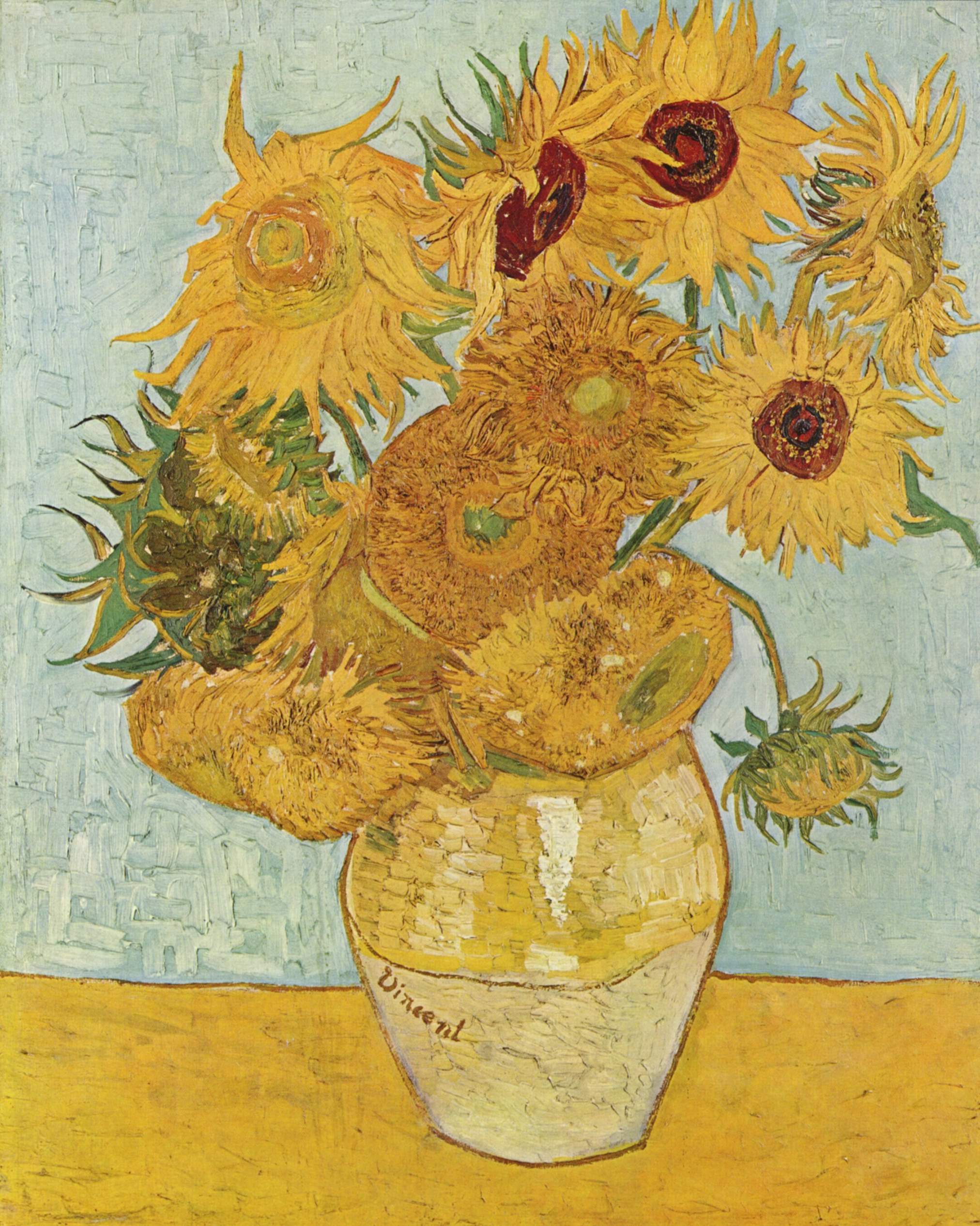By Mina Kim, Third Year, Politics and IR
Are Just Stop Oil’s recent protests in galleries successful in raising awareness about climate issues? Do their methods turn people away from climate activism? How does the reporting on the protests in the media impact public opinion?
When I first saw the video of tomato soup being thrown on Van Gogh’s Sunflowers (1888), I was incredibly shocked. I couldn’t believe that Just Stop Oil had ruined such a famous piece of art, like many others who also saw the videos being circulated through social media.
But, as I learned the activists knew it was protected by glass, I became much more open to understanding their aims and why they used such outrageous methods.
From throwing cans of soup on priceless art to shutting down the M25, Just Stop Oil is currently one of the most controversial climate action groups of our time. So, what is Just Stop Oil?
It is a UK-based environmental activist group with a singular aim: for the government to put an end to licensing new oil and gas in the UK. They are a coalition of groups founded after Extinction Rebellion and Insulate Britain, with leaders from both groups involved with Just Stop Oil. They hope to use 'non-violent civil resistance' to make their point and raise awareness.

Just Stop Oil’s methods were extremely successful in getting widespread media coverage. Videos of their antics are being shared and viewed by millions worldwide. They have managed to spark conversations about climate change, at a time when the issue has been overshadowed and ignored by most.
Videos of their antics are being shared and viewed by millions worldwide. They have managed to spark conversations about climate change, at a time where the issue has been overshadowed and ignored by most.
Their stunts, however, which have included blocking the M25 and pouring paint on the Headquarters of Barclays Bank in Aberdeen, have proved to be very controversial with the public. Irate commuters who were stuck in traffic for hours wrote livid comments on their social media posts claiming that they were turning people away from their cause with such methods.
Art historians have criticized them saying that art cannot be equated with life and therefore why use priceless art to make their statement? Some observers argue that they are alienating the public with their tactics and that public support is necessary to carry out their aims.
Nevertheless, the climate emergency has reached a critical point. At the rate of action taken by governments and firms worldwide, we are set for destroying the world as we know it. Global warming is having a catastrophic impact on the sea level, animals, and is leaving many parts of the world inhospitable. When I consider these facts, the simple aim of Just Stop Oil, to stop the UK government from further investing in fossil fuels, seems more than reasonable.

It is also clear that there has been insufficient action taken by the UK government to tackle climate change. In fact, the UK government allocated $5 billion in stimulus commitments to fossil fuels in 2020. This was over 30 times the amount that was allocated to the generation of clean power - $158 million.
The government chose to overlook the opportunity, that the Coronavirus pandemic created to invest in sustainable energy, to simply return to the status quo. It is also undeniable the enormous sway that fossil fuel companies have over the media and the government.
As a result, it is no wonder that these climate groups must turn to more extreme methods in order to gain media attention. Nonetheless, the tactics of Just Stop Oil can seem questionable when it appears to be disrupting the everyday lives of many.
Critics of the recent nurse's strike have similarly urged them to consider the impact that it will have on their patients. However, this ignores the necessary and influential role that protests and strikes have had throughout the whole history of the UK. From the Suffragettes to the abolitionists to the recent Black Lives Matter movement, people have continued to use their freedom of speech and their right to protest for a better life for everybody.

At a time when the people’s pleas to the government have gone unanswered, what alternative do they have? Strikes and protests are a way for bottom-up movements to shake a world where hierarchical and capitalist structures continue to enforce the status quo.
Just Stop Oil is a movement with a simple and logical goal. Although their methods may be controversial to some, I fully support them and will continue to do so. We are in the middle of a climate emergency and if swift action is not taken now, soon it will be too late to prevent irreversible damage to the world.





